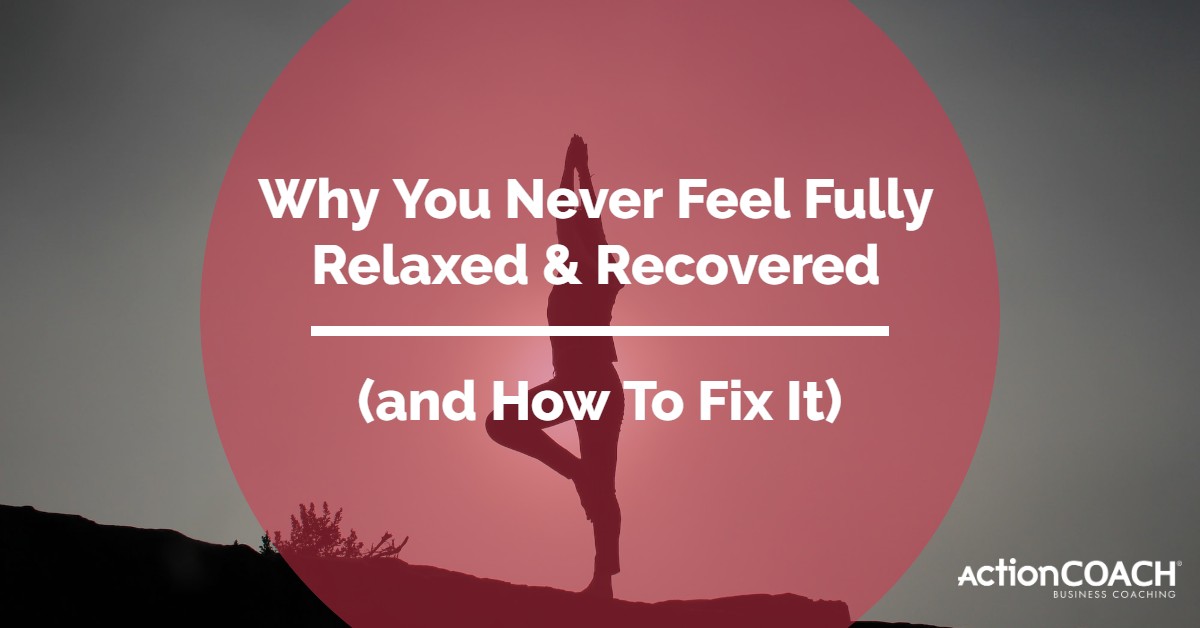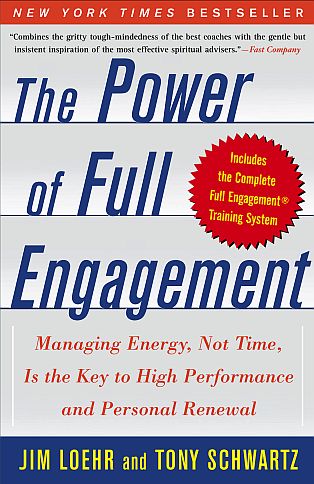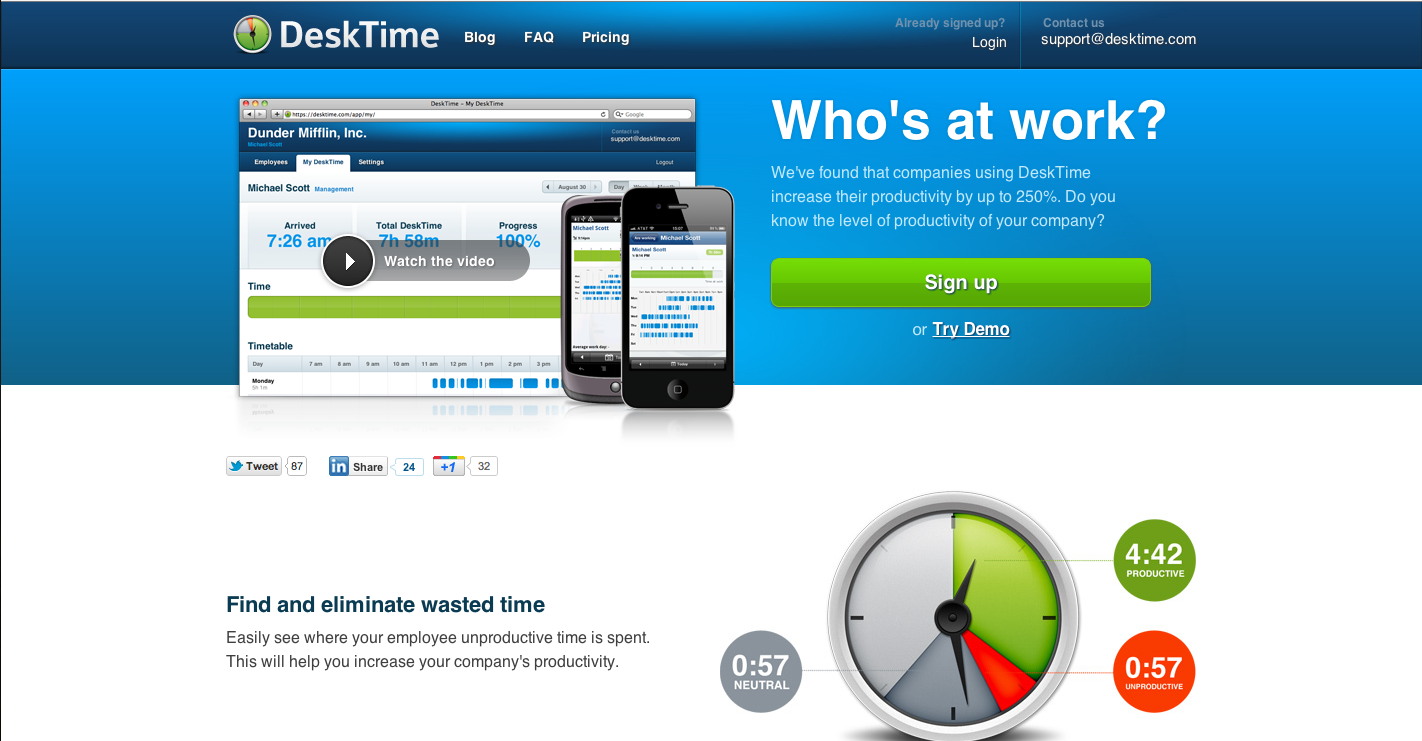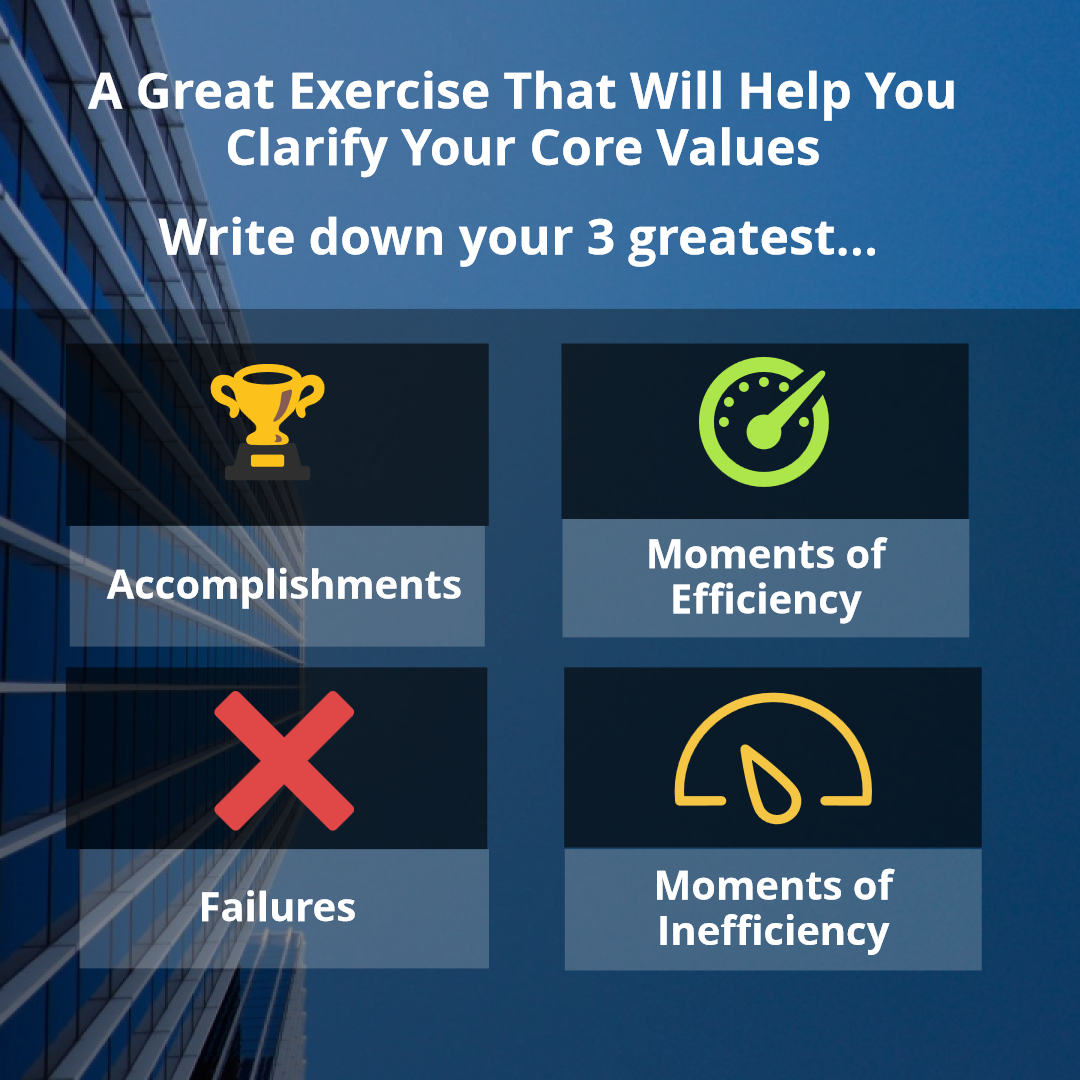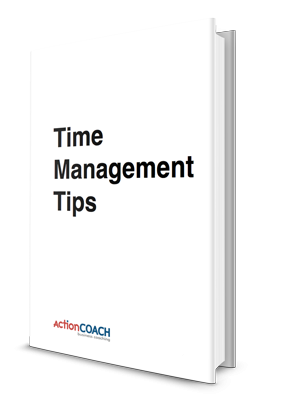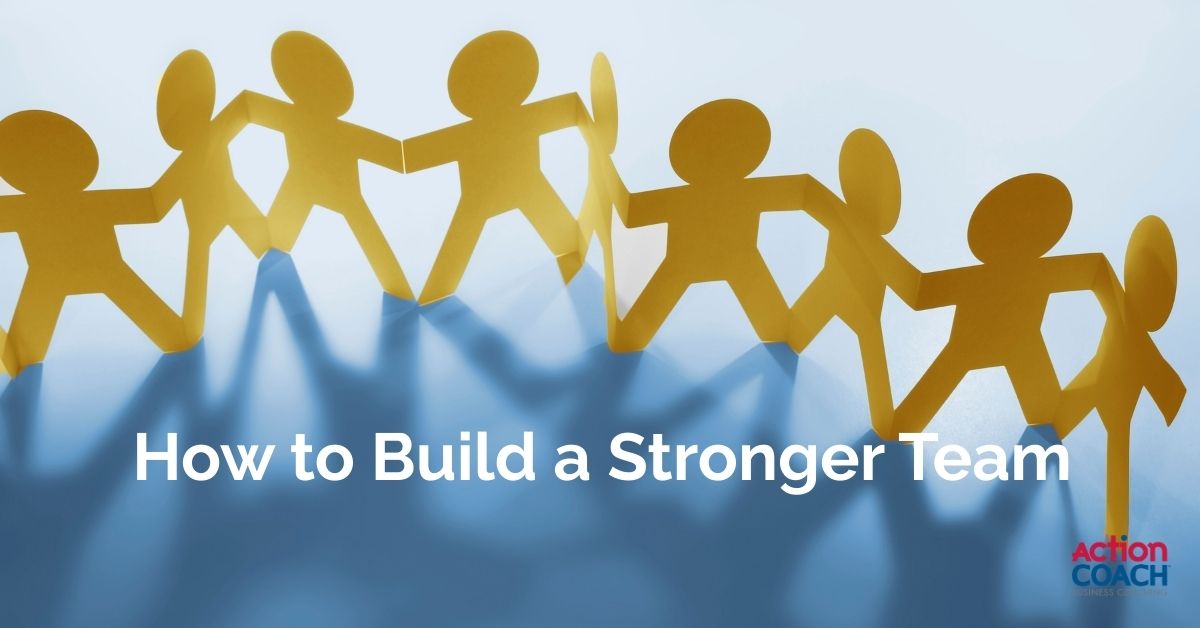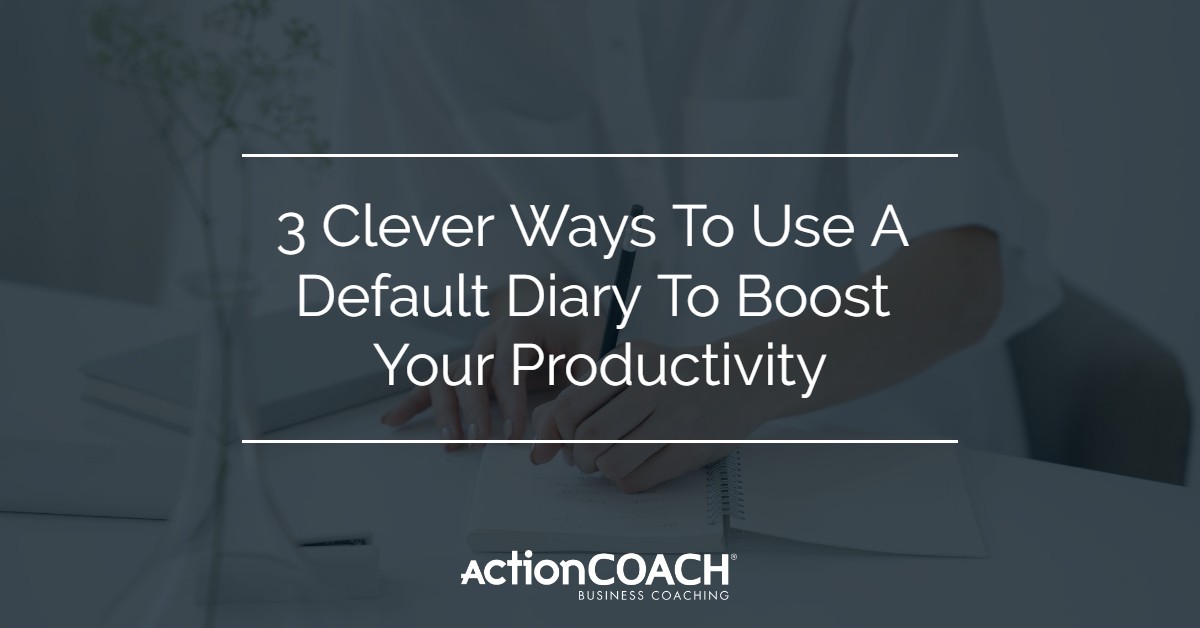Why You Never Feel Fully Relaxed & Recovered (and How To Fix It)
Most people insist they know how to take a break.
Relaxing? What’s hard about that?
The interesting thing is when we dig into the issue with our clients in a business coaching session we find a very different story. Behind closed doors most entrepreneurs admit that they never feel fully relaxed or recovered – and it’s a huge problem for their success and happiness.
We believe that ‘relaxing effectively outside of work’ is a skill that you have to learn, just like time management or public speaking.
Jim Loehr and Tony Schwartz nailed the science of rest and relaxation in their 2003 book The Full Power of Engagement, which is based on work they did with elite level athletes.
They broke down the energy we need in order to get through life into 4 sub-categories.
- Physical Energy – Looking after your body
- Emotional Energy – Harnessing positive emotions
- Mental Energy – Giving your mind the rest and stimulation it needs
- Spiritual Energy – Reconnecting with your core values
In this guide we’ll explain each sub-category, give you some actionable techniques to help you restore each kind of energy and then tie it all together with a new way of thinking about rest and recovery.
Physical Energy
What is it?
Physical energy – generated by eating and drinking – is our most basic source of fuel. It keeps both our brains and bodies working, and is absolutely essential to our existence.
How can I top it up?
Eat Small Nutritious Meals: Avoid large meals which are heavy in sugar and refined carbs. Small nutritious meals eaten regularly fuel your body and renew your physical energy throughout the day.
Drink 1.5 To 2 Litres of Water Per Day: Sipping cool water throughout the day will keep you hydrated and help you feel refreshed and alert.
Take Regular Breaks: Productivity app DeskTime found that, on average, the highest-performing people worked for 52 consecutive minutes before taking a 17-minute break; this may not be the perfect structure for you, but alternating between short bursts of work and rest will leave you less physically drained at the end of the day.
Sleep 7 to 9 Hours Each Night: The National Sleep Foundation has done plenty of research into optimum sleeping schedules, and the sweet spot is between 7 and 9 hours each night. Take note of your performance levels after different amounts of sleep and when you find the time that gives you the most energy, stick to it every night, even on weekends and days off.
How an irregular sleeping schedule causes us to consume more calories. Graphic courtesy of The Pennsylvania State University
Emotional Energy
What is it?
Emotional energy is the energy we draw on to feel motivated and driven to complete a task. We may be healthy and well rested but it we don’t feel positive and motivated we’re unlikely to perform at our best.
How can I top it up?
Do Something Fun: Reading a good book, playing frisbee in the park, rock climbing, gardening, watching a film, playing chess – anything that you find fun will top up your emotional energy reserves.
Check out Charlie Hoehn’s Play Picks Pinterest board for some inspiration.
Connect with Others: It’s important for us to feel connected to others, so make time to reconnect with your partner, friends, family, colleagues, or anyone else who is important to you. Afterwards you’ll feel emotionally revitalised.
Give Something Back: Doing something positive for someone else is a great way to harness positive emotions. Consider getting involved with a charity that’s important to you, or helping with a project in your community.
Mental Energy
What is it?
Mental energy is what we use to organise our thoughts and focus our attention. When we’re low in mental energy our brain feels confused and we can’t focus properly.
We need to give our minds time to rest (and that doesn’t come from sleep alone) and we also need to stimulate our brain in the right way in order to promote recovery and renewal.
How can I top it up?
Rest Your Mind: Do something where you’re putting your mind under as little tension as possible, requiring no focus and no directed attention: taking a long bath or listening to relaxing music for example.
(And watching television doesn’t count. Fast-paced action-packed TV shows can be stressful for your poor frazzled brain.)
Get Out in The Fresh Air: Research shows that natural environments provide the perfect amount of stimulation for our brains to relax and recover. Sunsets and waterfalls are complex and beautiful without being demanding or requiring our focussed attention.
Try New Things: Have you ever noticed that the best business ideas come to you when you’re away from the office? In order to be creative, our brains have to be presented with new experiences from which they can learn. By changing our routine, visiting new places or meeting new people we can help get our creative juices flowing again.
Spiritual Energy
What is it?
In order to feel truly passionate and driven about a project, you have to believe in it, and for that you need ‘spiritual energy’. This means getting to grips with your core values – those that have a purpose beyond your own self-interest.
This isn’t anything to do with religion. Your spiritual energy is the connection you feel to your values; the more connected you are, the more passionate and driven you are to follow them.
It’s important that we make time to figure out the values that are most meaningful to us, because it’s very easy to lose sight of them and end up feeling uninspired about our purpose in life.
How can I top it up?
Here’s a great exercise by Kevin Daum that will help you to clarify your core values:
Write down your three greatest:
- Accomplishments
- Moments of efficiency
- Failures
- Moments of inefficiency
Can you identify any common themes or rules in what you’ve written?
Write down 3 or 4 sentences of advice that you would give yourself. Then, try to reduce the sentence into a few words – these are the basis of your values. Here’s an example…
Accomplishments:
- Winning my first contract
- Managing a team of 20 employees
- Achieving a turnover of £1 million
Moments of efficiency:
- Rolling out 3 new products within a 90 day period
- Implementing a strict schedule to manage daily tasks
- Reducing weekly team meetings to 15 minutes
Failures
- Losing an important team member to a competitor
- Experiencing a loss of revenue
- Mishandling an employee complaint which lead to friction within the team
Moments of inefficiency
- Missing a deadline and losing client as a result
- Working weekends due to time mismanagement
- Redoing the work of a team member due to its poor quality
Managing a team is one theme that runs throughout these examples, so a piece of advice you could give yourself might be…
“Always be positive, encouraging and supportive to your team. They are responsible for all your biggest successes.”
When shortened down, the core value could be written as “be a compassionate leader”.
Another person might do this exercise and come up with a totally different answer like “protect the natural environment” or “be an amazing father and husband”
Replenishing your spiritual energy reserves simply means clarifying and then living in line with these core values.
Putting It Into Practise
By thinking about relaxation and energy levels in this way you can pinpoint exactly what would be the best way to recover in a given situation…
Not feeling positive lately? (Emotional energy) Schedule some time for fun and play with your family or friends.
Not feeling passionate about work? (Spiritual energy) Spend some time with a notebook clarifying your core values.
Is your brain fried and you’re unable to think straight? (mental energy) Spend some time amongst nature or take a day trip somewhere you’ve never been before.
Just feeling physically tired? (Physical energy) Try eating a healthy dinner and getting an early night.
Those are the basics of resting and recovering effectively (check out Loehr and Schwartz’s book for all the details).
If you can put them into practice you’ll find, for the first time, that you feel properly recovered in time for Monday mornings.
Here’s to all the happiness and productivity that your newfound energy will bring you!
Master Time Management
In This Free Ebook + Email Course You Will Learn How to:
Create the Optimum Working Environment
Manage Your Energy Better
Prioritise Effectively

